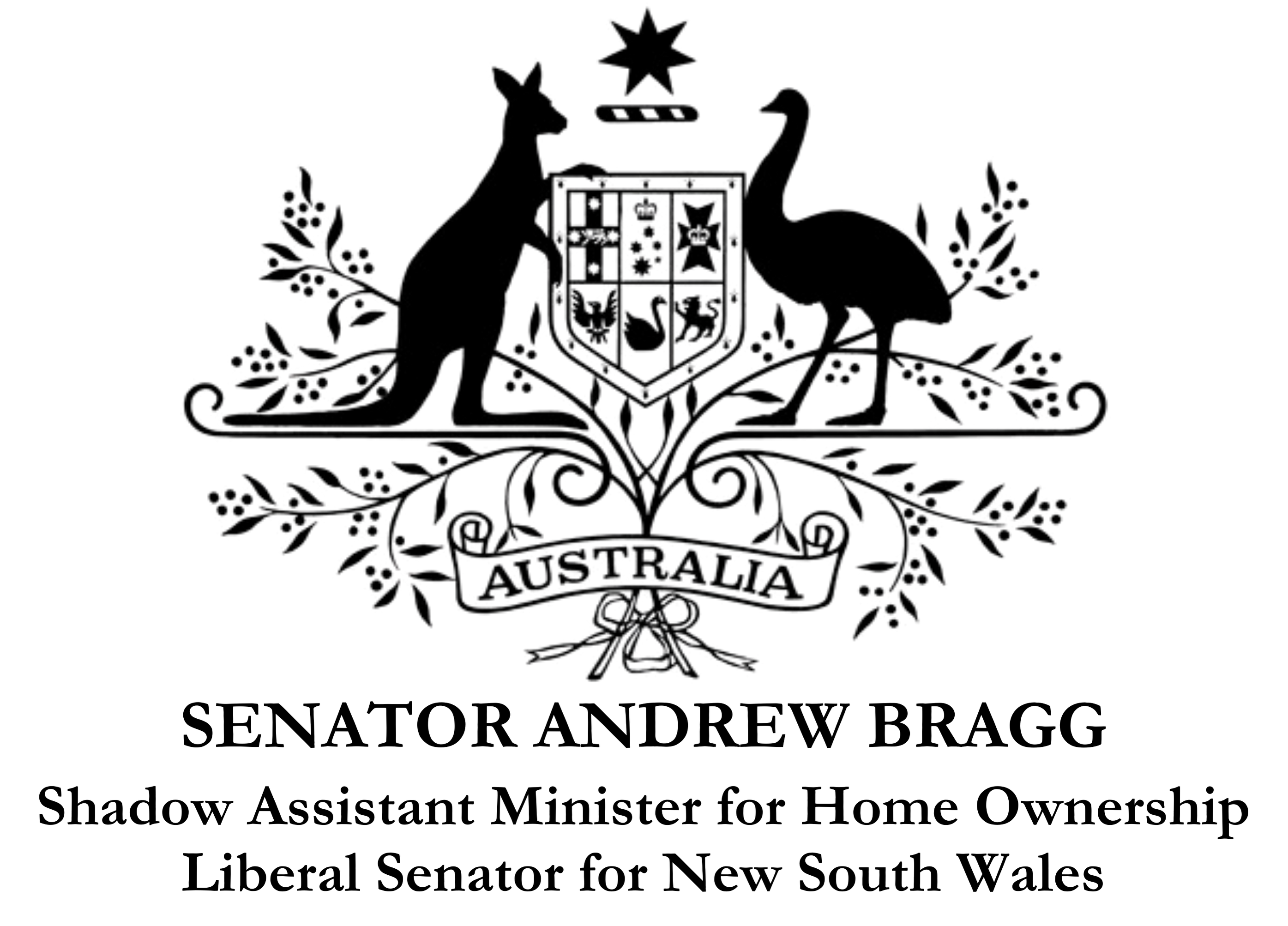Voice Right for Our Country but Let’s Get There Together


As we approach Australia Day, the nation must again reflect on what the day means. In 2023, we undertake the annual Australia Day assessment in the spectre of a new referendum to advance reconciliation and the prospects of Indigenous people. There are two points to make about these issues, which are so complex because Australia is a great nation but has generally failed Indigenous people. Australia is an outstanding liberal democracy, the most successful multicultural nation on Earth. But over the past 250 years, Australia has maintained policies of dispossession, discrimination and, at times, the destruction of Indigenous people. To any doubters about the latter, consider any of the recent books about the Black Line in Tasmania or watch Rachel Perkins’s series on SBS, the Australian Wars.
First, Australia Day on January 26 should not change. Changing the date will not change any historical facts. If we want the truth-telling the Uluru Statement calls for, then we have to present the full picture of Australia’s history. January 26, 1788 is not just another day in the long history of these lands. It was the day ancient Australia began morphing into modern Australia with all the good and all the bad that followed. In recent years, Australia Day has started to reflect the good and the bad of this momentous date. Sydney, the point of first contact between the British and Indigenous, opens with the WugulOra ceremony at Barangaroo where both the Australian and Aboriginal flags are raised. It is a day to reflect, remember, give thanks and to celebrate the achievements of modern Australia.
Rather than moving Australia Day, it should be supplemented with a second national day, before or after the 26th, which would be an Indigenous day. There are parallels between the Australia Day date change proposal and the initial discussions about recognition of Indigenous Australians in the Constitution. John Howard put constitutional recognition on the agenda in 2007. Ultimately, many Indigenous leaders saw Howard’s proposed preambular constitutional recognition as something that would feel nice but would not improve Indigenous agency and opportunities. Noel Pearson said in his Boyer lectures last year: “I never supported preambular recognition. It was and is insufficient. The preamble that accompanied the 1999 referendum on the republic was rejected by the Australian people. I believed it would be rejected again not least because Indigenous people reject it and because constitutional conservatives warn it would empower the High Court to reinterpret the entire Constitution. It is not a legally safe nor politically viable option.” Pearson reminds us the voice was developed in part to address the concerns of constitutional conservatives that an undefined, woolly set of words without any particular purpose or function was risky. He says of the constitutional conservatives: “Rather than providing a judicial guarantee of non- discrimination, they proposed Indigenous peoples be able to make recommendations to parliament in respect of laws and policies affecting Aboriginal and Torres Strait Islander peoples.” In other words, the voice. It is hard to see the lives of Indigenous people substantively improving from preambular recognition and moving Australia Day. That is why the real focus should be on the voice.
Second, as the referendum approaches, one developing risk is the voice could be viewed as Labor’s voice, rather than an Australian voice. Although there has been conjecture about this point, I believe a successful referendum is unlikely if a constitutional alteration proposal is supported by just one major party. Almost 36 per cent of Australians gave their first preference to the Coalition at the last election, compared with 32 per cent for Labor. Given the need to capture a majority of people and a majority of states, the broadest support base is essential. Achieving success at a referendum is incredibly difficult. That’s why efforts to build consensus on the wording of the amendment, policy and scope of the voice remain crucial. The Prime Minister has promoted the voice. This is welcome. I am pleased he has advanced the concept and built on Ken Wyatt’s work. So far we have a draft amendment to the Constitution provided at July’s Garma festival. The PM said at the time: “This may not be the final form of words – but I think it’s how we can get to a final form of words.” In recent weeks, Opposition Leader Peter Dutton has asked for more information. This is a reasonable request, particularly given the constitutional risks that have been raised about the draft amendment. It should push the process in the right direction.
At a minimum, there should be a parliamentary inquiry looking at the referendum question, the amendment and the scope of the body or bodies to be legislated. Surely it is needed to inform how we will get to the final form of words. An inquiry would allow the legitimate legal issues to be investigated and the red herrings dismissed. Engaging the parliament in a collaborative manner and developing this detail will clear the way for broader support. I am not confused about this. I understand a referendum is a vote of the public, not the politicians. But the public will look to elected leaders for answers. I hope we can provide assurances that a yes vote is not only the right thing to do for Indigenous people and the nation, but that it’s also safe for our Constitution. The process will make or break it.
Andrew Bragg is a Liberal senator for NSW.


.png)
.svg)

.svg)
.svg)